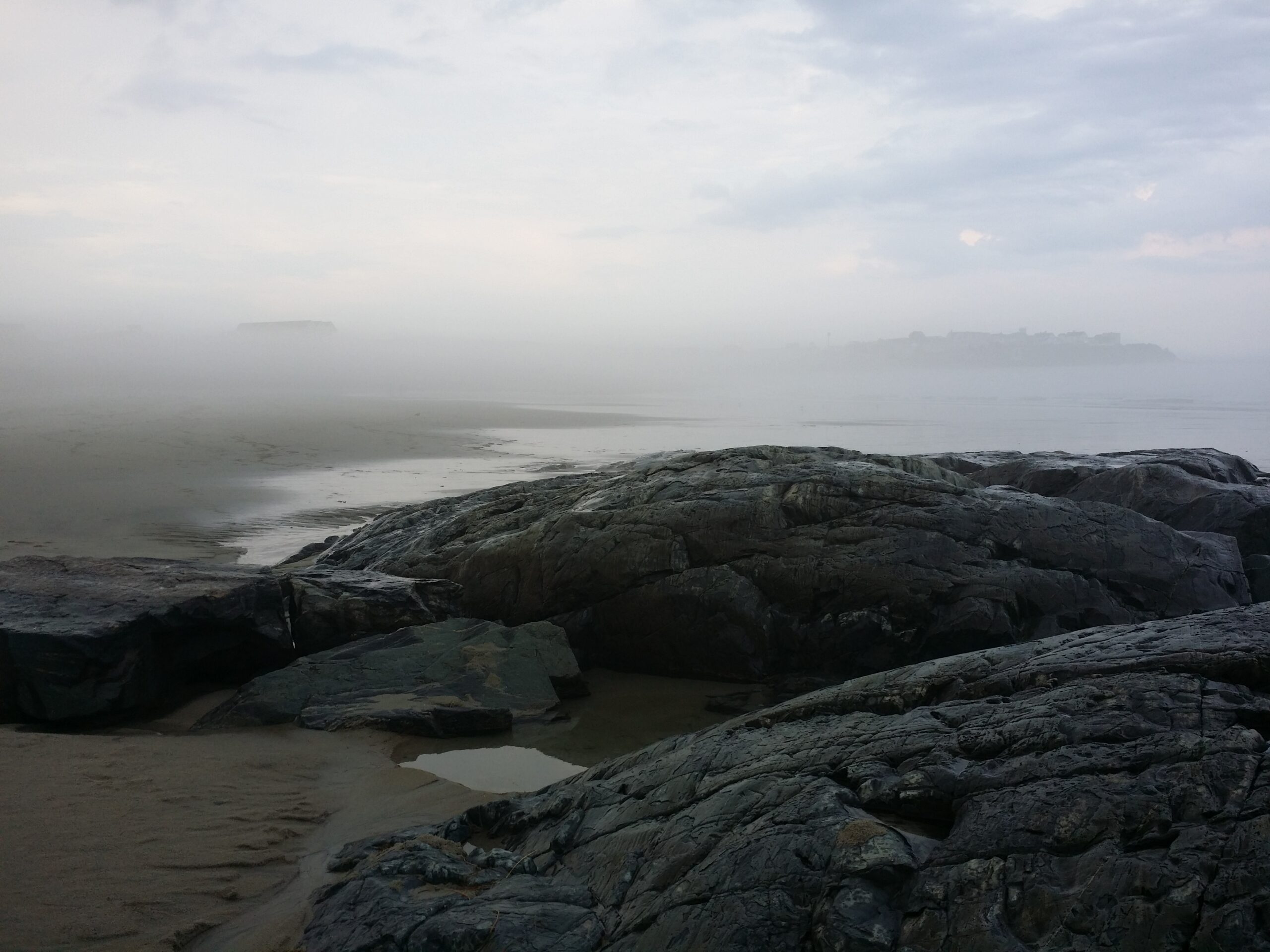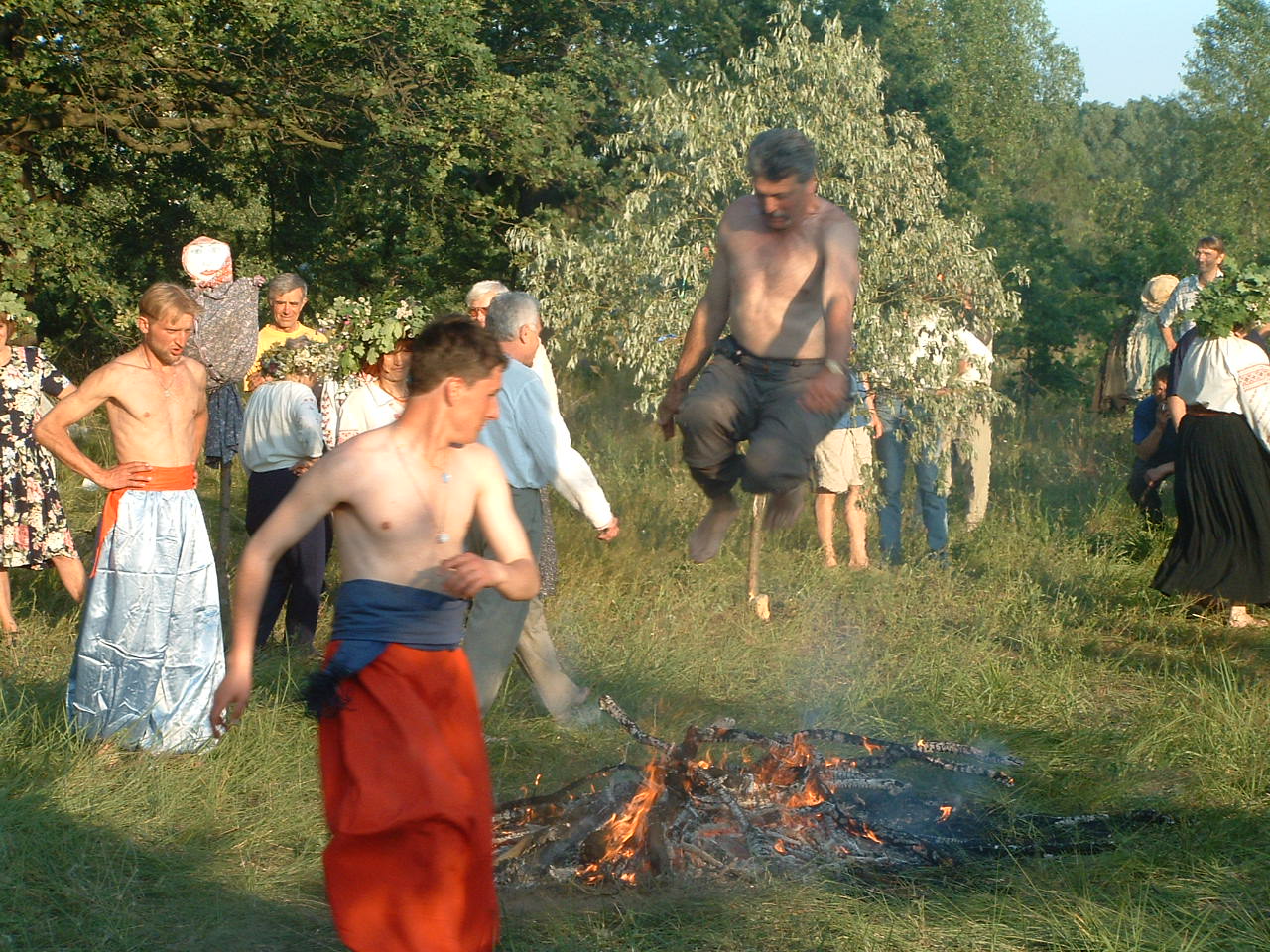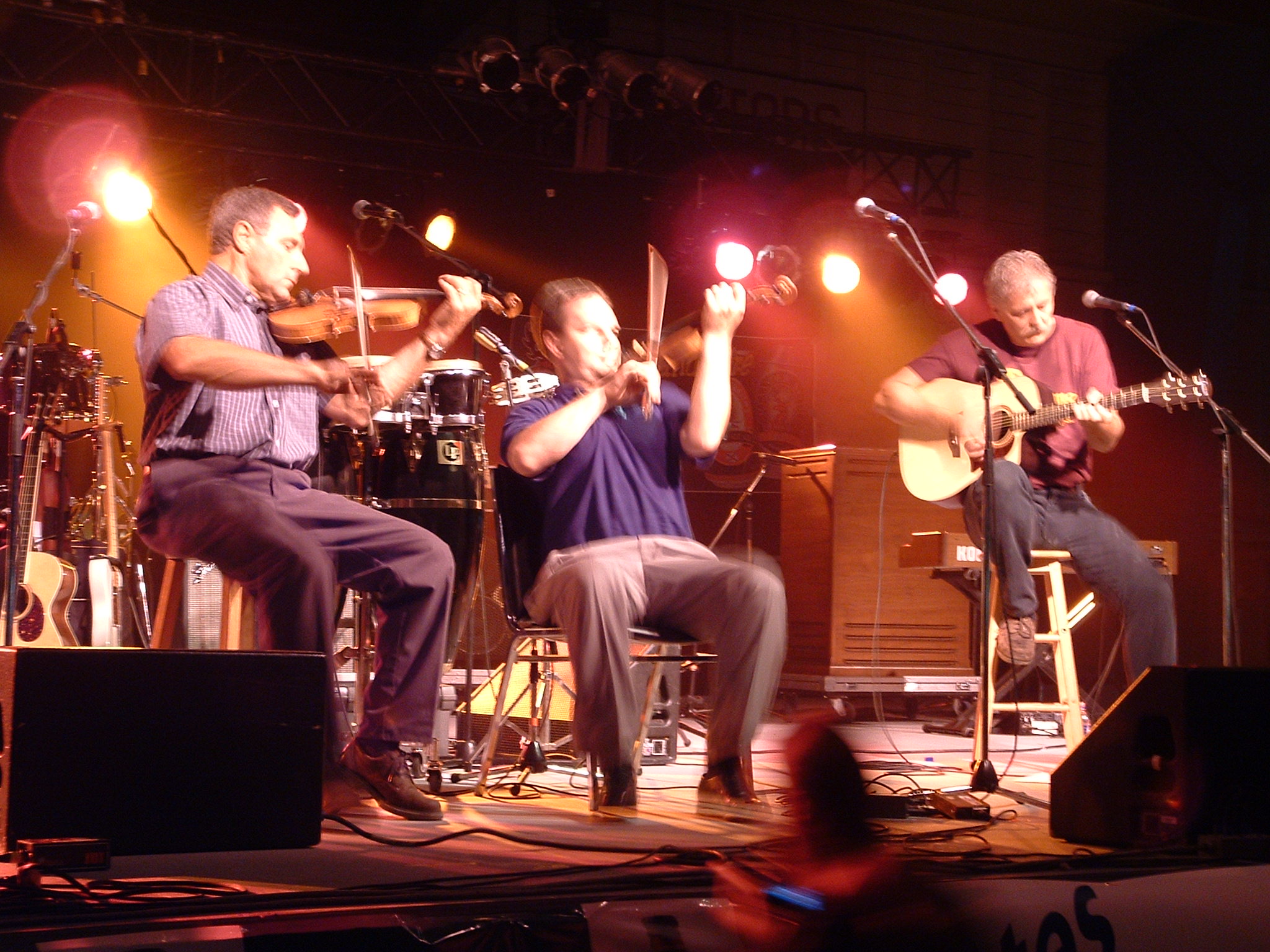- Space, place, landscape, & identity
- The social construction of natural, cultural, & world heritage
- Sites of “dissonant” ecological heritage
- Cultural globalization & anti-globalization movements
- Regionalism (esp. eco/bioregionalism) & separatist movements
- Indigenous peoples, identity, & the politics of indigeneity

Much of my work deals with the environmental imagination — that is, the variable, divergent, and conflicting ways in which people perceive, interpret, and culturally shape nature, environments, spaces/places, and landscapes. I deal with nature as an idea and representation (in art, film, popular culture, public discourse) and as medium and site of struggle; and with identity as something that emerges out of those struggles.
Identifying with a place may seem like an “environmentally correct” thing to do, but it can also be xenophobic and exclusionary, when lines are drawn around who “belongs” and who doesn’t. Through theoretical as well as applied research in specific settings, I’m interested in teasing out the factors that play into these place-based identity-making processes and that move them in different directions — in exclusionary ones versus more open-ended ones — and, ideally, in developing place-practices that could build “multicultural ecologies” and “cosmopolitan bioregionalisms” (see definitions below*) and contribute toward the development of globally connected, just, and sustainable cultures, polities, economies.
I’ve created separate pages on two of the places where I’ve conducted research in this topic area. Click on these images to get to those pages:


Over the years, I’ve also carried out research (at least preliminary) on topics related to this “ecologies of identity” theme in the Greater Kruger region of South Africa, the island of Sao Miguel in the Azores, Mexico’s Yucatan peninsula, the Osa peninsula of Costa Rica, the Haida Gwaii archipelago off Canada’s west coast, my own home state (since 2003) of Vermont, especially the area around the town of Greensboro, and the places described in my book Claiming Sacred Ground. See also here. And my in-progress thinking on allyship with Indigenous peoples can be found in a series of posts beginning here.
*Definitions:
A multicultural ecological theory aims to hold in productive tension the realist assertions of ecology (there is a real world that can be studied objectively, more or less) with the constructivist underpinnings of contemporary cultural theory (the socio-cultural world can only be studied reflexively, taking account one’s own positioning and assumptions and its differences from those of others). See “Toward a Multicultural Ecology,” Organization and Environment 15 (4), 2002, 389-409.
Cosmopolitan bioregionalism: On cosmopolitanism, I’ve been influenced by the work of Ulrich Beck and other sociologists who examine some of the more positive sides of cultural globalization, postmodernization, and cosmopolitanization.” On bioregionalism, click here for a brief primer I wrote a few years ago. The combination of the two terms was first articulated (to my knowledge) by bioregionalist Mitch Thomashow. It is intended to keep the inherent tendencies of the two — towards a presumed universalism (with an emphasis on the “presumed”) that ostensibly transcends identity politics, and towards an identitarian localism — in productive tension.
